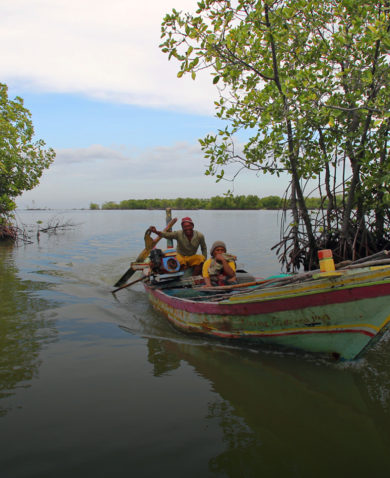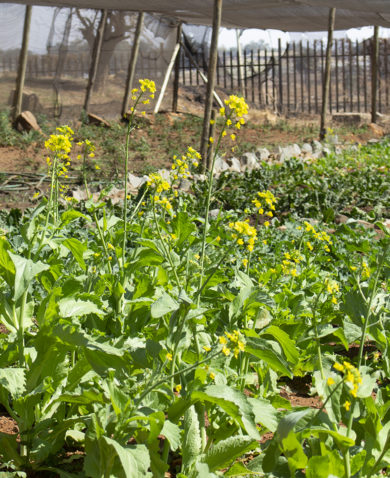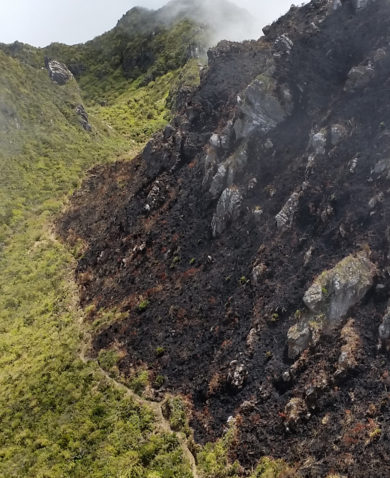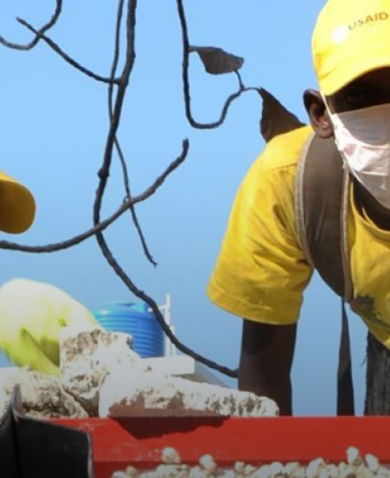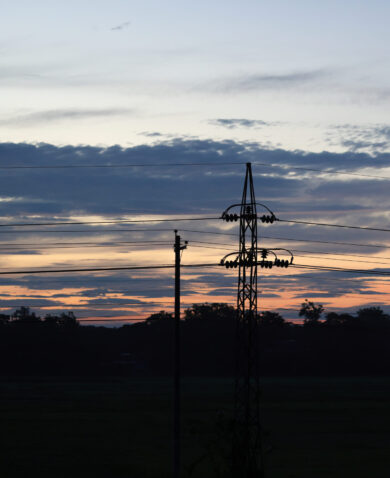
Chemonics News
News: Chemonics at COP27
November 2, 2022 | 2 Minute ReadChemonics’ climate experts will be at the 2022 United Nations Climate Change Conference (COP27) in Sharm El-Sheikh, Egypt this November.
Climate change affects every corner of our planet and every development sector, from expanding the range of infectious diseases and driving conflict over limited natural resources to threatening energy supplies and agricultural outputs. As one of the most urgent challenges of our time, climate change requires collaboration and innovation to support countries on their journey towards inclusive, climate-resilient development and net zero carbon emissions economies.
From November 8-10, we will be in Sharm El-Sheikh during COP27 hosting a series of in-person discussions with climate experts and advocates from around the world. “Addressing the global climate crisis is more urgent than ever, and we are proud to be part of COP27 this year to represent the issues – and opportunities for change – in the global development sector,” says Anna Slother, Chemonics’ executive vice president.
At Chemonics, we leverage our decades of experience in international development and environmental management to support implementation and decision-making based on empirical, science-informed climate information while bolstering the capacity of communities to address climate risks and vulnerabilities and build more resilient livelihoods. “Information about changes in climate and related changes in vulnerability and risk needs to be conveyed to users in a way that they can use it to inform decisions that strengthen rather than threaten their livelihoods,” says Chris Perine, managing director of Chemonics’ Climate Group. “This is critical to get the buy-in for sustainable adaptation and mitigation strategies that actually work.”
Climate change stresses social, economic, and political systems, acting as a multiplier for development challenges and enhancing the likelihood of – and impacts from – conflict. On Tuesday, November 8, 2022, we will focus on Exploring Climate and Fragility in Conflict Prevention, Mitigation, and Recovery with Dr. Ruth Citrin, Executive Director of the Cross-Border Conflict Evidence Policy and Trends (XCEPT) research program funded by UK Aid, Paul Currie, Associate Director at ICLEI Africa, Nik Steinberg, Chemonics’ Senior Climate Risk Advisor, and Brian App, Chemonics’ Senior Climate Services Director.
Lack of regulation, comprehensive standards, and equitable stakeholder engagement in nature-based carbon projects has led to pervasive issues for communities and could undermine the credibility of these projects and credits in the voluntary carbon market. On Wednesday, November 9, 2022, join us for a discussion on Enhancing the Quality of Nature-based Carbon Credits with Candace Vinke, Senior Director of Nature-based Innovation at Verra, Dr. Daniel Nepstad, Founder and President of the Earth Innovation Institute, Roberto Gómez, Director of Innovative Conservation Models on the USAID Paramos and Forests Activity, and Maxwell Mcgrath-Horn, Chemonics’ Senior Climate Finance Advisor.
Over the last decade, there has been an increase in adaptation programming but only scant evidence of what has – or has not – worked under different contexts. On Thursday, November 10, 2022, we will host our final conversation on Measuring the Effectiveness of Climate Adaptation Interventions with Laurie Ashley, Resilience and Climate Adaptation Advisor at USAID, Emilie Beauchamp, Monitoring, Evaluation, and Learning Lead at the International Institute for Sustainable Development, David Nicholson, Chief Climate Officer at Mercy Corps, and Nik Steinberg, Chemonics’ Senior Climate Risk Advisor.
Learn more about our work in climate change and our events at COP27.


